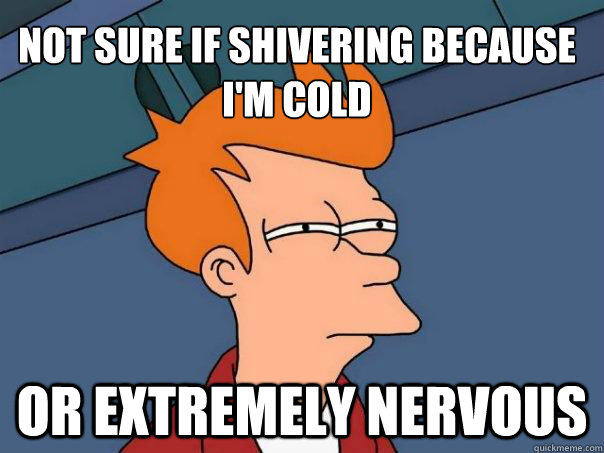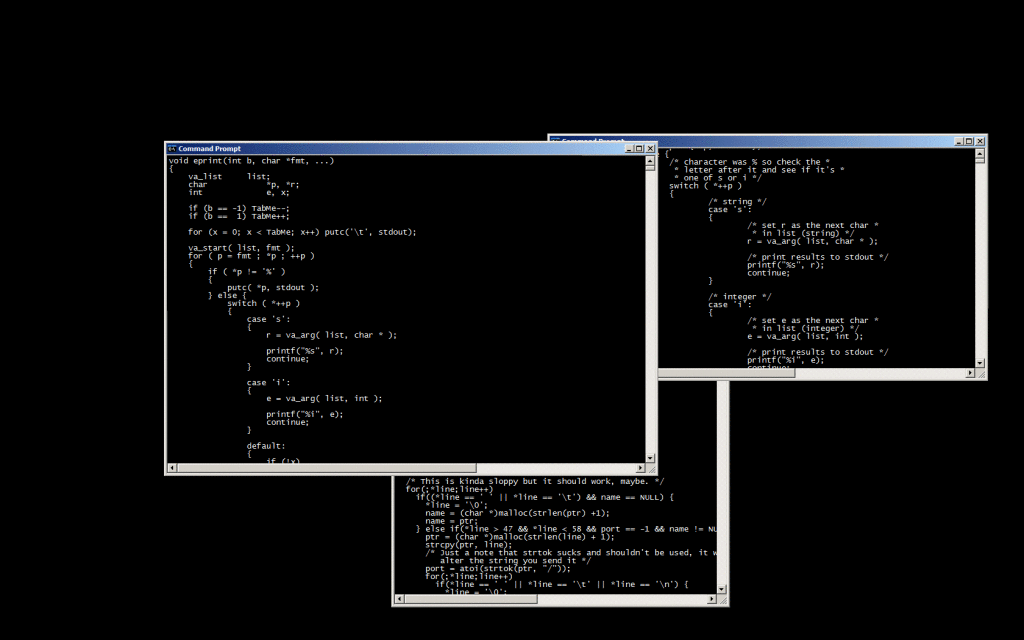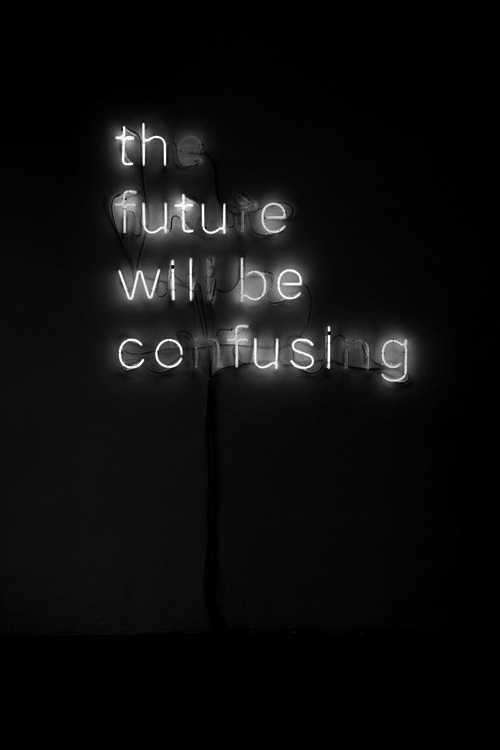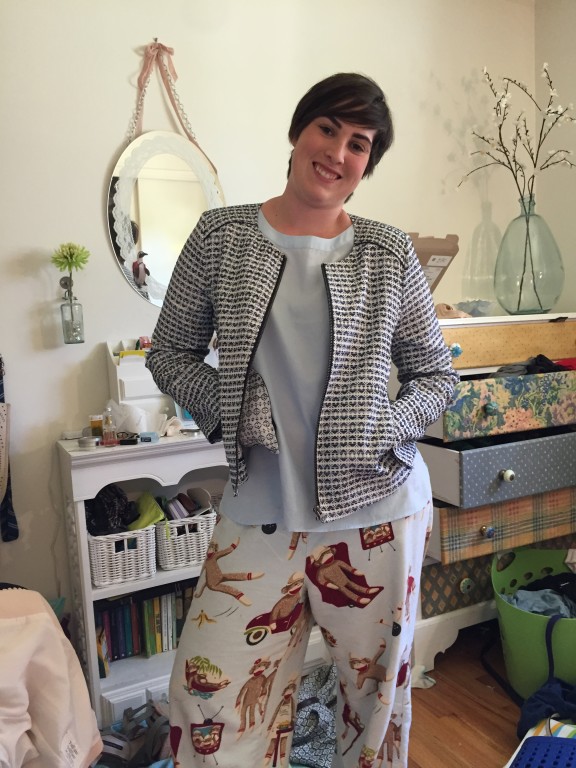Lately, I have been feeling self-reflective on the life decisions I have made. Luckily it’s mostly been positive, and to be perfectly honest this entire event is driven by the fact that I am officially starting my thesis research. If you are looking for the big, quick moral of the story, here it is: Don’t skip taking a class that you think (or everyone else thinks) is super challenging or that you might fail at.
If you have read my blog post from last week you know that I got a lot of push-back and confusion in my life when I said I wanted to be anthropology major. It seems that people struggle to see the value in what I decided to study. However, reactions changed once I took my first computer science class. I also briefly talked about how everyone thought I would fail, I am hoping to expand on this lack of faith in my ability in this blog post. With that in mind let’s go back to the end of my first year, to registration for fall of 2013.
During that registration period, for some reason, I had decided that it was a brilliant idea to take an Introductory Computer Science course. My decision to try it honestly made me nervous. Yes, one of my good friends was a computer science major, but she was also one of the smart people who goes to Harvey Mudd. Yes, I am a smart person and I can learn, but I wasn’t sure if computer science was necessarily the right fit for me. My parents and my friend were encouraging; I spent some time with the nagging feeling that this was going to go horribly wrong.
For the record, there was every likelihood that it was going to go horrible wrong. I mean CS is a new way of thinking, and some people don’t always get it. I also had really only taken humanities classes at this point and generally most science classes outside of biology made me nervous.
My mother, kept trying to help me by telling me that at any point I could actually audit the class rather than taking it for a grade. She told me this quite often, and very late into the semester.
It wasn’t until after trying CS that I learned the truth. There was a lot of fear that I would fail spectacularly, and this was a fear my mother had (for the record, my mom’s an engineer and my dad once tried a programming course and it was very unpleasant for both of them). It’s not that she thought I wasn’t smart, it was more that she didn’t think I would be good at CS. I even had that fear myself. The fear that I wouldn’t be good at something, that something would be too difficult for me to understand.
There were points in this class where I got confused, concepts that I struggled with understanding and needed help on. Ultimately, I managed, I got the help I needed, and I persevered.
I learned that when in doubt try things at least once. If you think you are going to fail (or other people do), still try it. You might surprise yourself. Even if you don’t do as well as you wanted, the experience could still be an amazing learning experience. But most of all, do what you want to do, and don’t let people’s doubts in your ability stop you.

How you feel sometimes




 ceed to lay in bed while drinking coffee and eating breakfast. This is generally the most important time for me. It’s simple really, no one should approach me before I have had my first cup of coffee. If you do approach me before a sufficient dose of caffeine has been ingested, expect grunts that don’t make sense and glare
ceed to lay in bed while drinking coffee and eating breakfast. This is generally the most important time for me. It’s simple really, no one should approach me before I have had my first cup of coffee. If you do approach me before a sufficient dose of caffeine has been ingested, expect grunts that don’t make sense and glare
